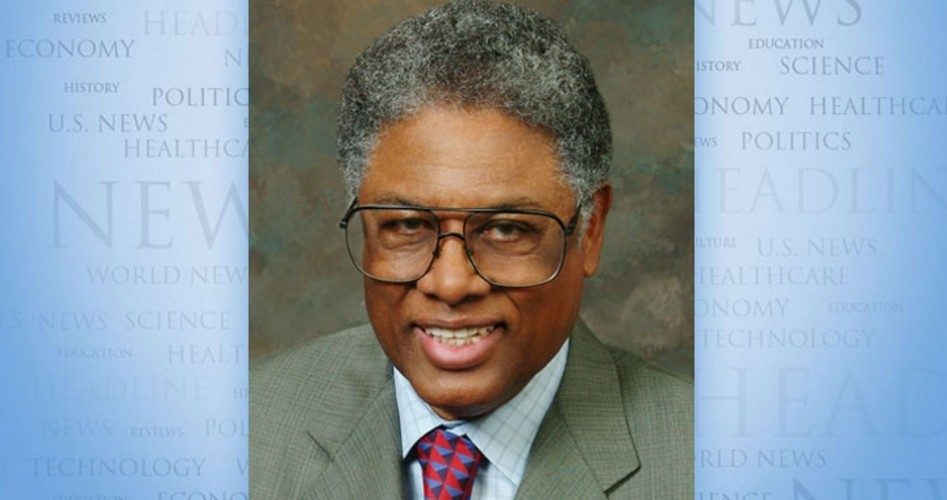
While it is not possible to answer all the e-mails and letters from readers, many are thought-provoking, whether those thoughts are positive or negative.
An e-mail from one young man simply asked for the sources of some facts about gun control that were mentioned in a recent column. It is good to check out the facts — especially if you check out the facts on both sides of an issue.
By contrast, another man simply denounced me because of what was said in that column. He did not ask for my sources but simply made contrary assertions, as if his assertions must be correct and therefore mine must be wrong.
He identified himself as a physician, and the claims that he made about guns were claims that had been made years ago in a medical journal — and thoroughly discredited since then. He might have learned that, if we had engaged in a back and forth discussion, but it was clear from his letter that his goal was not debate but denunciation. That is often the case these days.
It is always amazing how many serious issues are not discussed seriously, but instead simply generate assertions and counter-assertions. On television talk shows, people on opposite sides often just try to shout each other down.
There is a remarkable range of ways of seeming to argue without actually producing any coherent argument.
Decades of dumbed-down education no doubt have something to do with this, but there is more to it than that. Education is not merely neglected in many of our schools today, but is replaced to a great extent by ideological indoctrination. Moreover, it is largely indoctrination based on the same set of underlying and unexamined assumptions among teachers and institutions.
If our educational institutions — from the schools to the universities — were as interested in a diversity of ideas as they are obsessed with racial diversity, students would at least gain experience in seeing the assumptions behind different visions and the role of logic and evidence in debating those differences.
Instead, a student can go all the way from elementary school to a Ph.D. without encountering any fundamentally different vision of the world from that of the prevailing political correctness.
Moreover, the moral perspective that goes with this prevailing ideological view is all too often that of people who see themselves as being on the side of the angels against the forces of evil — whether the particular issue at hand is gun control, environmentalism, race or whatever.
A moral monopoly is the antithesis of a marketplace of ideas. One sign of this sense of moral monopoly among the left intelligentsia is that the institutions most under their control — the schools, colleges and universities — have far less freedom of speech than the rest of American society.
While advocacy of homosexuality, for example, is common on college campuses, and listening to this advocacy is often obligatory during freshman orientation, criticism of homosexuality is called “hate speech” that is subject to punishment.
While spokesmen for various racial or ethnic groups are free to vehemently denounce whites as a group for their past or present sins, real or otherwise, any white student who similarly denounces the sins or shortcomings of non-white groups can be virtually guaranteed to be punished, if not expelled.
Even students who do not advocate anything can have to pay a price if they do not go along with classroom brainwashing. The student at Florida Atlantic University who recently declined to stomp on a paper with the word “Jesus” on it, as ordered by the professor, was scheduled for punishment by the university until the story became public and provoked an outcry from outside academia.
This professor’s action might be dismissed as an isolated extreme, but the university establishment’s initial solid backing for him, and its coming down hard on the student, shows that the moral dry rot goes far deeper than one brainwashing professor.
The failure of our educational system goes beyond what they fail to teach. It includes what they do teach, or rather indoctrinate, and the graduates they send out into the world, incapable of seriously weighing alternatives for themselves or for American society.
Thomas Sowell is a senior fellow at the Hoover Institution, Stanford University, Stanford, CA 94305. His website is www.tsowell.com. To find out more about Thomas Sowell and read features by other Creators Syndicate columnists and cartoonists, visit the Creators Syndicate Web page at www.creators.com.
COPYRIGHT 2013 CREATORS.COM


